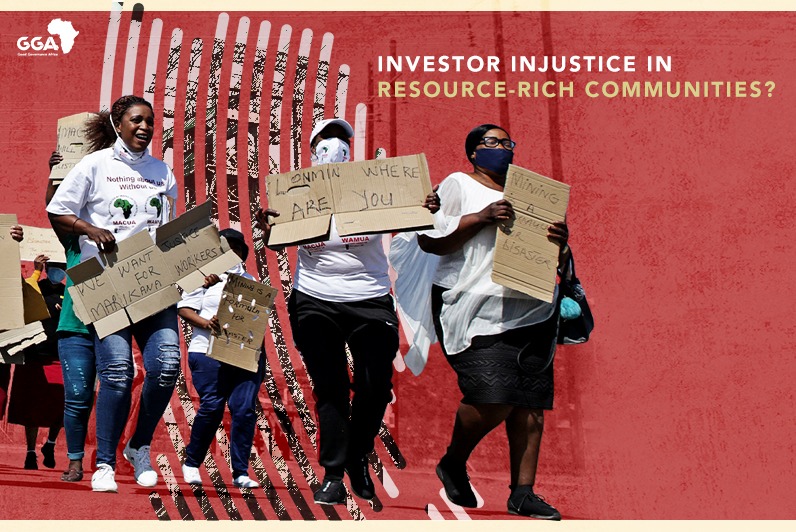
Is there a convincing reason why communities who host resource extraction projects in their ecosystems are not considered investors in development economics? Is it fair or just to think that, in welcoming and hosting mining, oil and gas companies into their ecosystems, local communities have nothing to lose but everything to gain? Attempts to end the resource curse on the African continent must wrestle with these questions.
The design and implementation of collaborative interventions to reverse the resource curse must permanently dismantle a deeply ingrained bias that distorts the prevailing economic development discourse and practice: the pro-investor bias. With this distortion, economic development can privilege the investor and his/her capital in decision making spaces over and above the local communities that often host the investor’s business projects. From this vantage point, the investor appears as the developer and local communities as the developed—passive development recipients. Thus, power asymmetries and social injustice are built into development economics itself. Let us closely consider these power asymmetries and injustices.
Is it fair to think that, in welcoming and hosting mining, oil and gas companies into their ecosystems, local communities have nothing to lose but everything to gain?
The idea of the investor in its current shape carries certain connotations, values and beliefs that often confer privileges on the investor and his/her capital. The idea of the investor—the person who commits his/her capital to productive use with the expectation of making profits—presupposes that only those with capital (money) can invest. Without capital, one cannot be an investor. Want of money prevents entry into this category. Further, by assuming the risk of losing his/her capital, by putting his/her money on the line for the good of the economy (everyone) without guarantees, the investor displays selfless bravery. With this behaviour, the investor creates jobs and grows the economy. His/her selfless risk-taking behaviour, habits and practices must be nurtured, rewarded, and protected. This understanding drives many resource extraction projects in Africa.
Where does this traditional, narrow view of the investor leave the local people expected to host the investor’s extractive business projects in their rural communities? What happens to local communities that must make room to accommodate the investor’s risk-taking behaviour? We need a new paradigm in which investment is understood as an activity undertaken by all affected stakeholders and not only those seeking monetary profits.
The design and implementation of collaborative interventions to reverse the resource curse must permanently dismantle a deeply ingrained bias that distorts the prevailing economic development discourse and practice: the pro-investor bias.
In Africa, resource extraction projects are invariably developed in natural ecosystems where local communities have developed their means and ways of life over centuries. The UN Millennium Ecosystem Assessment (or MA) describes ecosystems as “dynamic complex[es] of plant, animal, and microorganism communities and the non-living environment interacting as a functional unit.” Such ecosystems range from the “relatively undisturbed, such as natural forests, to landscapes with mixed patterns of human use, to ecosystems intensively managed and modified by humans, such as agricultural land and urban areas.”[1] Mainstream development economics tends to position local communities as passive recipients of development at best or a nuisance standing in the way of economic progress at worst. They must be sacrificed or removed from their home ecosystems to enable investors to develop their extractive business operations.
In Africa, resource extraction projects are invariably developed in natural ecosystems where local communities have developed their means and ways of life over centuries.
Due to the services they provide, however, ecosystems are crucial to the survival of communities expected to host resource extraction projects. Precisely for this reason, the MA stresses the centrality of ecosystem services to communities, which include:
- “provisioning services such as food, water, timber, and fibre.
- “regulating services that affect climate, floods, disease, wastes, and water quality.
- “cultural services that provide recreational, aesthetic, and spiritual benefits.
- “supporting services such as soil formation, photosynthesis, and nutrient cycling.”[2]
The MA goes on to underscore that “the human species… is fundamentally dependent on the flow of ecosystem services” for its ultimate survival. This is true in the ecosystems coveted by resource extraction companies, where communities are often barely “buffered against environmental changes.”[3] As carbon sinks, ecosystems absorb and store more carbon from the atmosphere than they release into it. The value of ecosystems is far too complex, profound, primordial and transcendental to be reduced to merely economic calculations and profits. For host communities, home ecosystems are the first and the last types of capital and value.
The value of ecosystems is far too complex, profound, primordial and transcendental to be reduced to merely economic calculations and profits.
The pro-investor bias in economic development tends not to recognise community ecosystems as economic assets that must be paid for at a fair price and often fails to consider – from local community standpoints – the risks of welcoming and hosting resource extraction projects. By rejecting the provisioning, regulating, cultural, and supporting services of natural ecosystems that sustain communities, the pro-investor bias within which extractives industries operate negates human rights and human dignity. Ecosystem services fulfil economic, social, cultural, and environmental rights, the very elements and conditions for human dignity and meaningful life. This is certainly the case in countries such as Angola and Mozambique. The real possibility that extraction operations may alter, damage or end ecosystem services is not regarded as a risk to these communities. The fact that by hosting resource extraction projects, these communities are putting everything they own and everything they are on the line is not sufficiently considered. Risk is risk in so far as the investor puts his/her capital on the line. In the same way that investment needs to be reconceptualised to reflect mutual benefit to all stakeholders, so risk needs to be understood more broadly. Ultimately, as pointed out by Deji Haastrup in this vodcast, companies that mainstream social and environmental performance ultimately de-risk their assets and authentically see host communities as partner investors.
Collaborative initiatives to reverse the resource curse must approach community assets—natural ecosystems and services—as economic development factors without which the investor’s capital is meaningless. In resource extraction, communities invest and take serious risks, and they should therefore see a return. Failure to do so will continue to fuel the resource curse throughout the African continent.
________________________________________________________________________________________________________________________________________
[1] UN Millennium Ecosystem Assessment, 2005. Ecosystems and Human Well-being: Synthesis. Island Press, Washington, DC. Available at: https://www.millenniumassessment.org/documents/document.356.aspx.pdf, p. v.
[2] Ibid.
[3] Ibid.
Dr David Matsinhe is a southern Africa researcher at Amnesty International and Adjunct Professor of African Studies at Carleton University, Canada. Prior to joining Amnesty International, Dr Matsinhe was senior lecturer of social innovation and development studies at the University of Johannesburg, World Bank senior adviser on change management in the Ministry of Education in Mozambique, and social innovation analyst for the Federal Government of Canada.

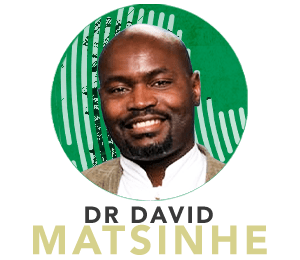
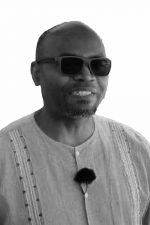
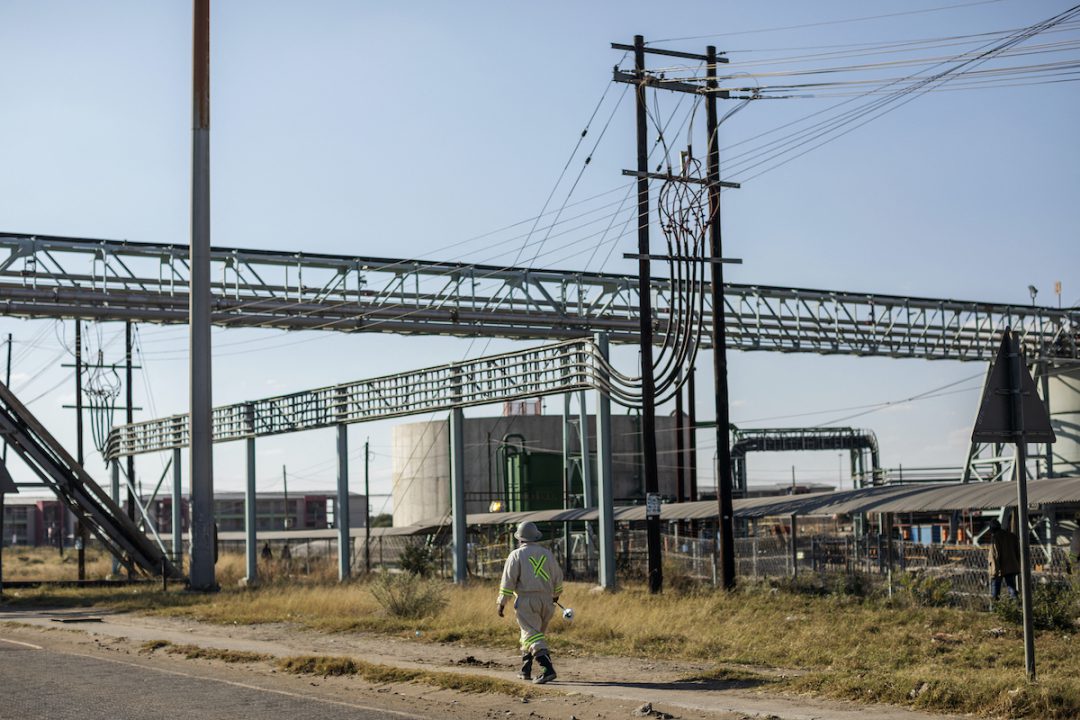
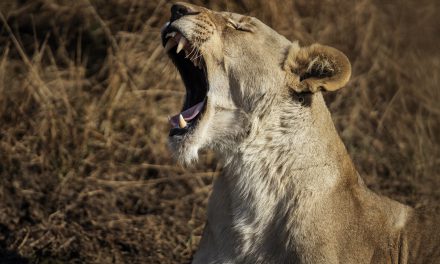
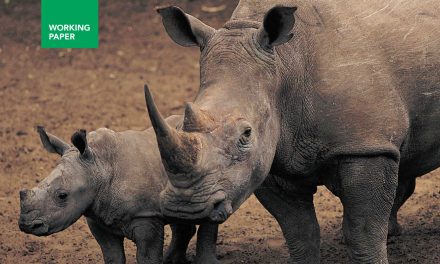
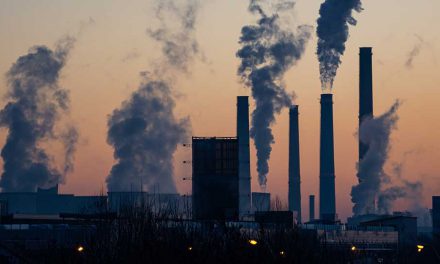







We need to advocate against this investor bias. There is a huge need for community awareness activities in regard to their investment in the extractive industry and more. Things can change only if communities are clearly aware of their investment. It’s only after this that communities can demand their rightful share from the profits.